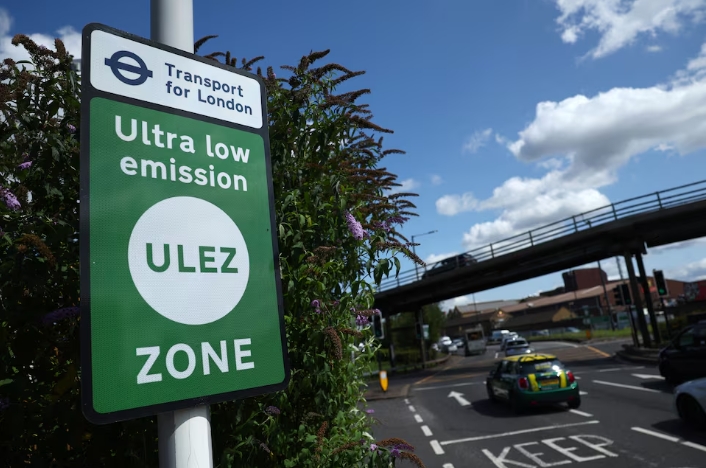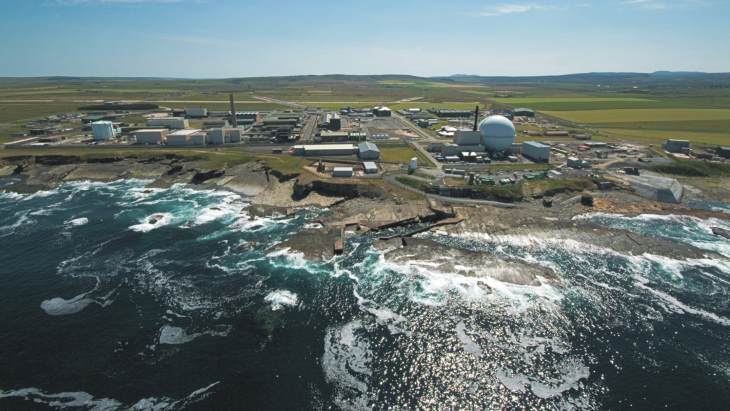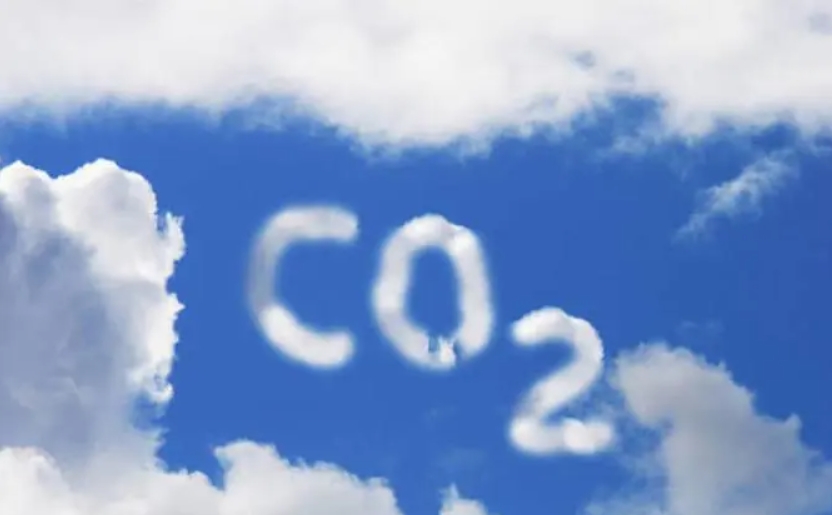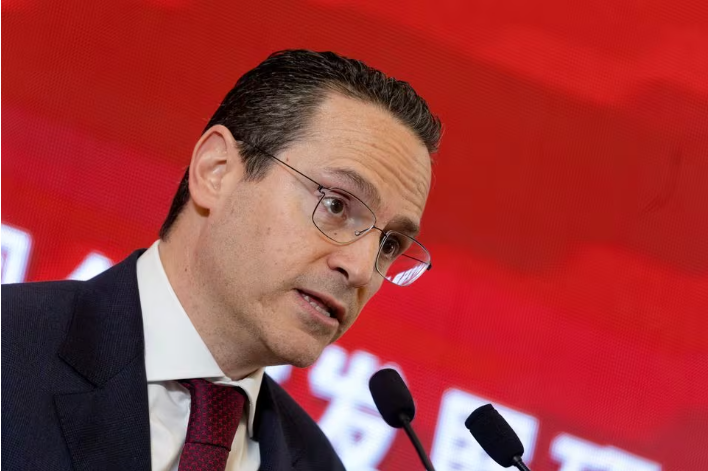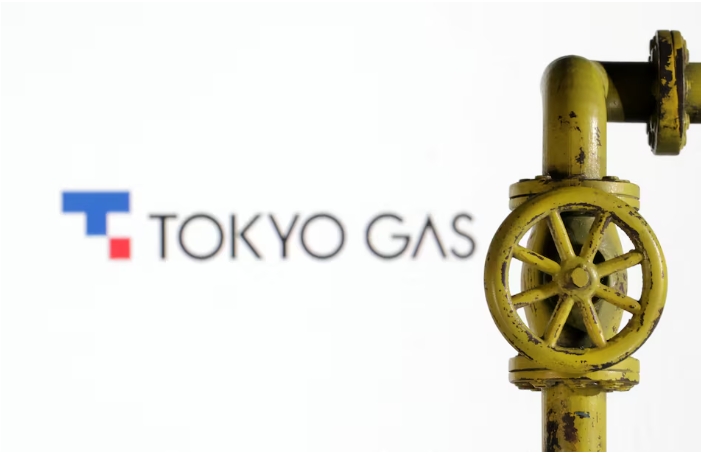
A natural gas pipeline and the Tokyo gas logo are seen in this illustration taken January 4, 2023. REUTERS/Dado Ruvic/Illustration/File photo Purchase Licensing Rights
Tokyo Gas (9531.T), opens new tab said on Friday it aims to achieve 50% carbon neutrality in local gas and power operations by 2040 by using new fuels such as e-methane and hydrogen as well as renewable energy, including floating offshore wind power.
Japan's top city gas supplier, which is one of the country's biggest liquefied natural gas (LNG) buyers, plans to use more e-methane, produced from green hydrogen and CO2, from 2030 and to switch to using hydrogen in thermal power plants.
Tokyo Gas aims to reduce its CO2 emissions by 20% by 2030 from 2022 levels, and by 60% by 2040, paving the way for its 2050 goal of carbon neutrality.
"We'll advance decarbonisation through adopting e-methane for gas and expanding renewable energy for electricity, alongside efforts to promote cleaner LNG supply chains," Tokyo Gas President Shinichi Sasayama told a news conference.
The company, which is set to introduce 1% of e-methane in city gas in 2030, wants to expand the volume of the cleaner fuel by 10 times or more in the 2030s.
Japan's government this month approved a draft amendment to existing legislation to allow for the installation of offshore wind power in exclusive economic zones, a milestone towards the country's goal of carbon neutrality by 2050.
Shortly after the approval, Tokyo Gas and others announced the establishment of an association to boost the development of floating offshore wind farms.
Tokyo Gas was also a founding member of an international coalition to support the development and production of electric natural gas (e-NG), also known as e-methane.
Expanded usage of nuclear power and renewable energy led to an 8% fall in Japan LNG imports to 66.2 million metric tons last year, its lowest level since 2009.
But Sasayama said natural gas will remain a key energy source for the foreseeable future.
Asked whether Tokyo Gas will renew its long-term LNG contracts that are expiring soon, he said: "We are well aware of an importance of long-term contracts... but we want to secure flexibility by having more mid-term and short-term contracts."


